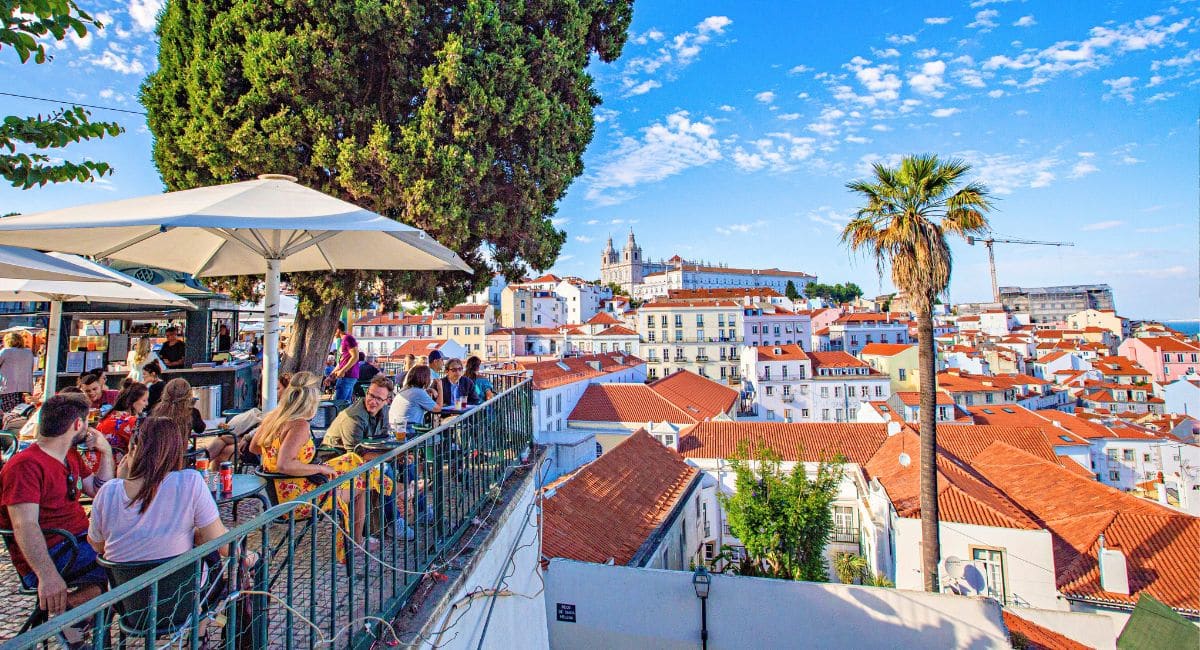If you’ve been following recent trends in Portugal, you may have noticed a common theme: digital nomads are being blamed for the rise in the cost of living across the country, especially in Lisbon and Porto.
The impact of digital nomads is seen as two-fold: not only have they been welcomed through various tax breaks, including the Non-Habitual Residence (NHR) program, which has allowed them to pay lower tax rates than locals, but they have also helped to According to Portugal News, rental prices in Lisbon alone will increase by more than 37% in 2022. Add to this the fact that wealthy individuals, some of whom also continue to work remotely, were able to buy property in Portugal’s two largest cities in exchange for golden visas between 2011 and 2022, and it’s easy to point the finger at digital nomads for higher prices. But are they really to blame?
According to Politico, 16,000 digital nomads lived in Lisbon last year, a city with 3 million inhabitants in 2023. This is about 0.5% of Lisbon’s total inhabitants. Digital nomads, according to it Gonçalo Hallmake up just 0.1% of total tourist numbers in Portugal, which also reached record numbers in 2023 with 30 million visitors to the country, as reported by the European Travel Information and Authorization System.
Meanwhile, open EU borders mean that local Portuguese can become nomadic themselves and go where they can be best paid. They can get location-based work in other EU countries or find remote work and choose to work all over the world. At the same time, EU citizens looking for better weather and the chance to live near the beach can move to Portugal with very little paperwork, and many could qualify for the reduced NHR tax rate before this tax break ends at the end of 2023.
For example, although German citizens are paid in the same currency, the fact that German wages are much higher means that Germans can pay higher rents in Lisbon, and that landlords are happy to charge higher rents when there are no legal controls on this. In fact, it was only recently, in 2023, that the Portuguese government took measures to increase rental prices, but this only applied to new rental contracts that succeeded those signed in the last five years. New homes that go on the market or are rented out for the first time can be set to any rental price the landlord chooses.
If you travel through Lisbon in 2024, you will immediately notice the number of abandoned buildings right next to new construction. Apparently half of Lisbon’s center is under construction, but often the sign beneath the new construction promises expensive new apartments or luxury hotels, not a place that a hard-working, middle-class Portuguese family could afford.
It’s easy to blame digital nomads for a cost-of-living crisis that stems from a host of problems.
If you want to keep the Portuguese in Portugal, start using some of the money that comes from tourism to raise local wages, cap more of the rents and give landlords incentives to rent to people with employers based in Portugal. Only then can the tide really start to turn.




